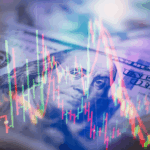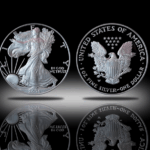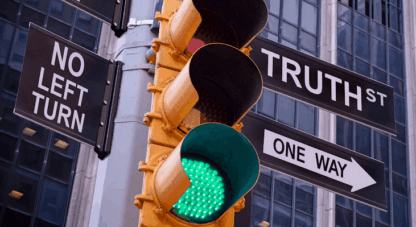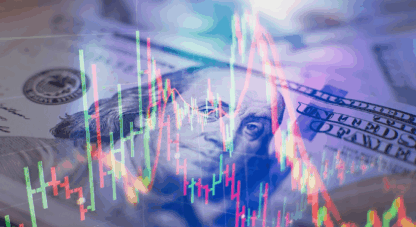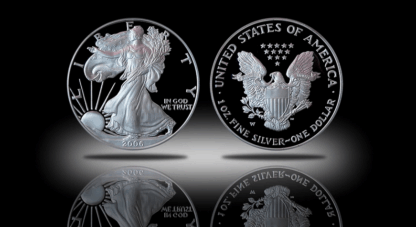What You Need to Know About The Collapse of Silicon Valley Bank and Closure of Signature Bank
On Friday, March 10, Silicon Valley Bank was shut down by banking regulators. This was the second-largest bank collapse in US history, only behind the collapse of Washington Mutual in 2008 during the financial crisis.
Signature Bank was shut down on Sunday, March 12. Regulators said it would close to protect consumers and the financial system due to the collapse of Silicon Valley Bank.
Since the sudden closures, many bank customers have wondered about the safety of their deposits. Here’s what you need to know about what happened and how to protect your hard-earned money.
![]()
How Did We Get Here?
The financial crisis of 2008 was spurred by massive loan defaults in the real estate market — which ultimately led to the failure of several large banks.
As a result, interest rates in the US were kept at ultra-low levels to make it easier for companies to borrow money (and spend it) and keep the economy going.
This worked for several years. Even while inflation slowly ticked up, low-interest rates made borrowing money relatively cheap so that businesses could keep growing and people could keep spending.
Pandemic Stimulus Leads to Massive Savings
The national lockdowns during the pandemic caused many people to either get furloughed or be let go from their jobs. Many small businesses had to shut their doors without knowing when or how they would be able to open again — or if they would be able to pay their employees.
To prop up the economy, the Federal Government started printing money. Individual taxpayers received pandemic payments, and businesses received Paycheck Protection Program loans (PPP loans) to help keep paying employees and keep the lights on.
With all this extra stimulus money and nowhere to spend it, many banks saw their deposits increase anywhere between 50% — 100% over the regular savings rate.
![]()
Keep Raising Rates Until Something Breaks
Inflation has been on the rise because of the influx of trillions of dollars in cash from the pandemic stimulus.
To keep inflation in check, Jerome Powell, the Head of the US Federal Reserve has raised interest rates incrementally. With that rise in interest rates, it has made it harder for borrowers to afford loans.
Banks make money by lending out deposits and earning on the interest. With fewer borrowers, banks need another way to generate revenue.
So many banks took their deposits and invested them in long-term bonds. Normally, these bonds are safe securities.
But when many depositors take their funds out all at once, banks need to sell assets to meet depositor requests.
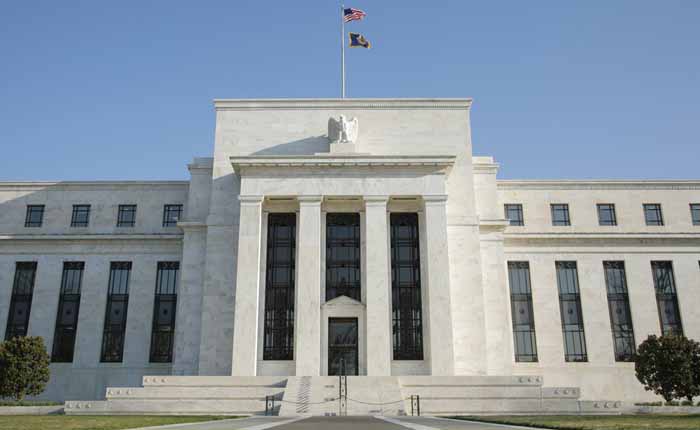
The Perfect Storm: Slow VC Funding and Fund Withdrawals
Silicon Valley Bank catered to the tech industry, working closely with over 2,500 venture capital firms.
Like many other banks, Silicon Valley Bank invested deposits into long-term bond funds. As interest rates rose, the long-term bonds they held lost value. This wouldn’t have been a problem if SVB could simply hold them until maturity.
However, there has been a slowdown in venture capital and tech. More tech firms began withdrawing their funds from SVB. This meant that SVB had to raise liquidity by selling the bonds before they matured.
Similar to the bank run in “It’s a Wonderful Life,” the depositors in SVB started pulling out their funds while they could, causing a total collapse of the bank.
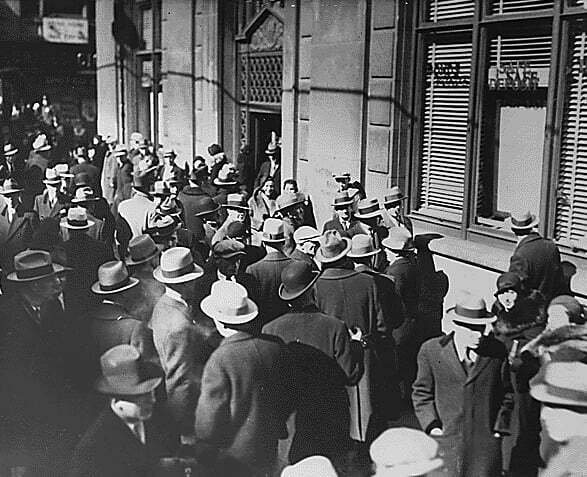
How Much of Your Hard-Earned Money is Protected?
Most banks are insured by the Federal Deposit Insurance Corporation (FDIC) for up to $250,000 per depositor on specific types of deposit accounts.
FDIC insurance covers checking, savings, and money market deposit accounts; time deposits such as certificates of deposit (CDs); cashier’s checks, money orders, and other official items issued by the insured bank.
This is adequate protection for most individuals. However, when there is a run on a bank and many depositors try to withdraw their funds at the same time, you may not be able to access your protected funds.
And for companies with high burn rates, this coverage is woefully insufficient. The FDIC has not yet determined how many deposits were uninsured at the time of the bank’s collapse. With payroll checks in limbo, many startups and companies who relied on Silicon Valley Bank for their payroll are now struggling to pay their employees.
Will Bank Failure Be Contagious?
While it isn’t likely that this will be an event that spreads, the emotional effect of SVB’s collapse could trigger more investors’ flight to safety.
For example, the current drop in equities for bank shares shows that investor confidence is shaky. Wells Fargo (WFC) has dropped almost 10%, First Republic Bank (FRB) shares fell 62%, and JP Morgan Chase shares declined 4% since the news of SVB’s collapse.
Only time will tell what happens next. The Fed can continue raising interest rates at the same pace, putting large financial systems at risk. Or they can pause on raising interest rates, potentially losing control of inflation.
No matter what happens, you as a saver and investor can protect yourself from both market crashes and bank failures with gold.
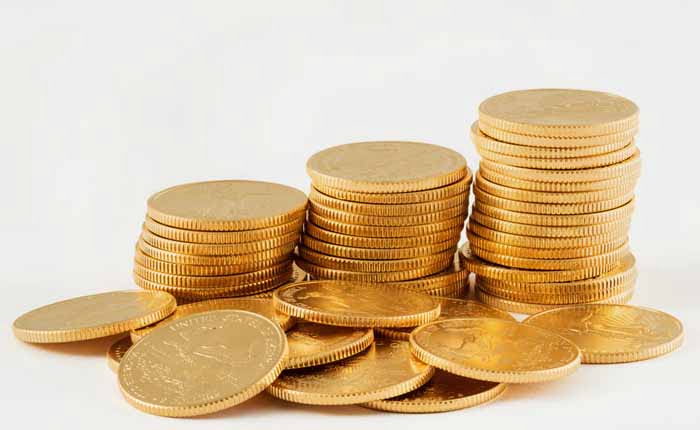
Get Your FREE Bank Rating Today and Protect Your Funds
Wondering about the rating of your bank? You can get on a call with one of our McAlvany advisors to find out how safe your bank is.
Our advisors are here to help you look at your bank, your cash holdings, and your investments to ensure that you stay properly diversified.
Just fill out the form and one of our advisors will reach out with a complimentary consultation.






